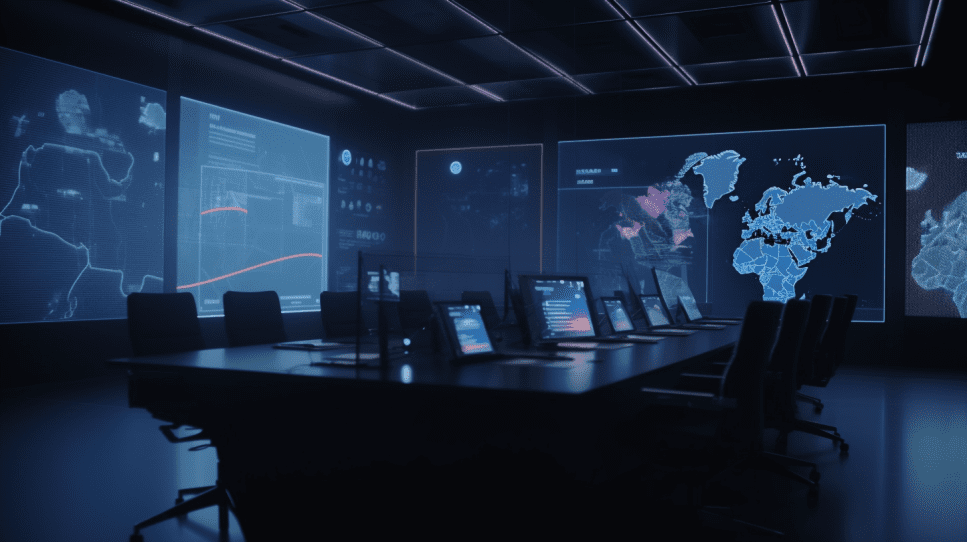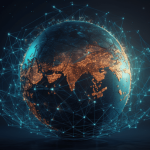As part of a strategic ‘de-risking’ from China, the European Union (EU) looks to deepen its tech relationship with Japan, focusing primarily on artificial intelligence and semiconductors. This EU-Japan AI partnership is a proactive move to balance global technology dependencies and align with nations sharing similar digital values.
The EU’s industry chief, Thierry Breton, will be meeting with the Japanese government, having placed AI very high on his agenda:
“I will engage with [the] Japanese government … on how we can organize our digital space, including AI based on our shared value,” Breton said in a recent video posted on Twitter.
Important 1st ???????????????? #DigitalPartnership Council in Tokyo
Strengthening our #EconomicSecurity through enhanced cooperation on:
✔️Research & supply chain resilience for #Chips
✔️#Investment environment for tech (connectivity, 5G/6G, quantum, HPC, cyber)
✔️Regulation on #AI pic.twitter.com/BnACBuvXtA
— Thierry Breton (@ThierryBreton) July 3, 2023
EU and Japan AI Meeting
To strengthen this EU-Japan AI partnership, an EU-Japan Digital Partnership council will be established. The council’s primary focus will be on areas including quantum and high-performance computing. Interestingly, the EU held a similar council with South Korea last week, which resulted in agreements to cooperate on technologies such as AI and cybersecurity.
Breton revealed to Reuters that the bloc and Japan would also cooperate in the area of semiconductors, a key sector where Japan is a prominent player in the supply chain. Tokyo has been working to reinforce its domestic industry, with a recent proposal from a government-backed fund to buy domestic chipmaking firm JSR for around 903.9 billion yen ($6.3 billion).
Chip Semiconductor Industry in Japan
This EU-Japan AI partnership and cooperation in semiconductors come at a time when these components have become increasingly vital. They are incorporated into everything from cars to smartphones and even have potential military applications. Simultaneously, they play a critical role in training AI models.
Furthermore, the EU’s strategy to ‘de-risk’ from China stands in contrast to the U.S. approach of decoupling its economy from Beijing. The U.S. has sought to cut China off from critical technologies like semiconductors via export restrictions and has tried to convince European allies to join its cause. However, the EU is choosing to deepen its relationships with other tech-strong countries instead.
AI Partnership Aims to Strengthen Economic Security
As we continue to monitor this unfolding EU-Japan AI partnership, one thing is certain: the shifting global tech strategies will undeniably reshape the digital landscape and the way nations interact with each other. It’s an exciting time to be involved in tech!
We’d love to hear your thoughts on this EU-Japan AI partnership and how you think it might impact the global technology scene. Do you believe that this collaborative approach can be a win-win situation for all parties involved? Let’s kickstart a conversation in the comments below!











